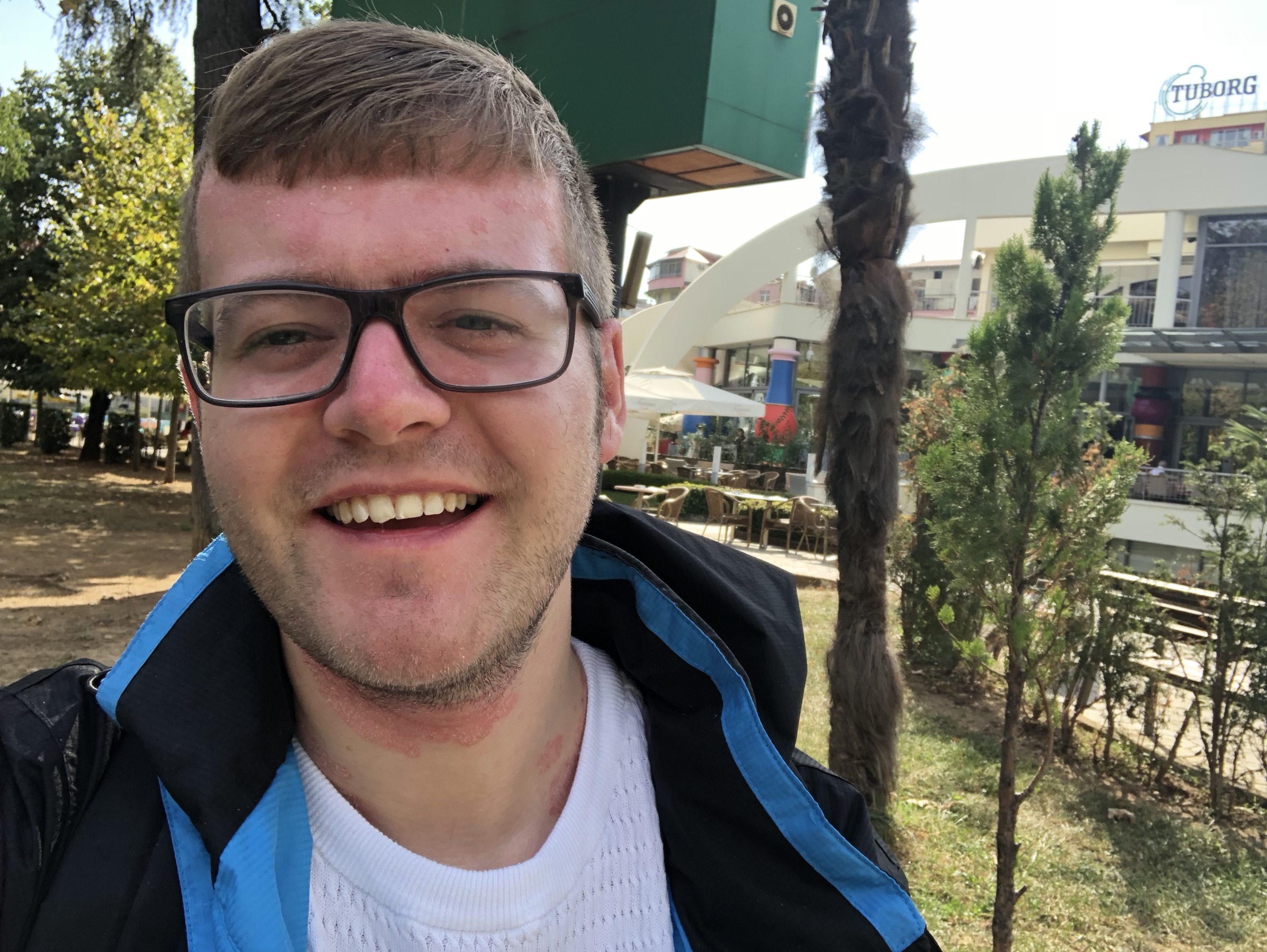Psoriasis Conversations: Representation and Advocacy
Psoriasis is just as common in men as it is in women. But that does not say much about the actual experience of men with the condition. Men and women have different triggers, associated conditions, disease severity, and treatment preferences. And they go about patient advocacy differently.
There is quiet acceptance when we find a connection with someone else. This is especially true for those who live with psoriasis. Finding validation does not come without its challenges. People seek out others with aligned perspectives. People with a chronic condition seek out accurate representations of their experiences, including representation from others of the same ages and genders.
Understanding gaps within psoriasis advocacy
Here at Plaquepsoriasis.com, we are lucky to have engaged advocates at different places in their psoriasis journeys. It is important that we take the time to highlight and share everyone's experiences. We have taken a look at the burden of psoriasis on women and even researched which populations may be more at risk for psoriasis.
We recently had the opportunity to connect 2 of our male psoriasis advocates, Howard Chang and Jack Gervertz. They took the time to discuss the importance of patient connection, male representation, and current gaps within psoriasis advocacy.
Feel free to share any insight or your own personal experience living as a male with psoriasis in the advocacy and awareness space.
 Howard: When I think about it, over the years, most of the people who would message me or interact with me about psoriasis have been women. And it's not exclusively – but certainly, I think, predominantly – the demographic have been women or even women speaking up for their husbands or speaking as caregivers. So I don't have any insight into why. I think for me, as a male, I tend to be more open and risk-taking.
Howard: When I think about it, over the years, most of the people who would message me or interact with me about psoriasis have been women. And it's not exclusively – but certainly, I think, predominantly – the demographic have been women or even women speaking up for their husbands or speaking as caregivers. So I don't have any insight into why. I think for me, as a male, I tend to be more open and risk-taking.
I do think it's my personality. So probably why I got into blogging and wanting to share my experience and my feelings to a certain extent. And maybe that's just my outlet. Maybe it's cultural too. As an Asian male, it definitely wasn't modeled for me to be open about these kinds of things. In itself, psoriasis is something that people try to hide. Maybe with certain stereotypes or expectations culturally or societally about, you know, men being more stoic or strong. Yeah, I think I've had some of those pressures. There are certain things I don't care about. So I stay in certain spaces where I'm comfortable sharing my feelings or not. And I've gotten really comfortable with that.
 Jack: I think opening up can be the best thing one can do. To be honest, just try and open up to your friends and family, people you feel safe going to that are not going to judge you or make a comment. If you've got a partner or you've got a family member who you can talk to, just try talking to them. Let them know what's going on and how you're feeling about your condition. I think that that helped me. I've done that a lot.
Jack: I think opening up can be the best thing one can do. To be honest, just try and open up to your friends and family, people you feel safe going to that are not going to judge you or make a comment. If you've got a partner or you've got a family member who you can talk to, just try talking to them. Let them know what's going on and how you're feeling about your condition. I think that that helped me. I've done that a lot.
We have noticed that men do not talk about psoriasis as openly as women. Has this been your experience? Why do you think that is? What do you feel needs to change to raise more awareness for men?
Jack: I do know where you're coming from with this topic. Most of the friends that I've got with psoriasis are female. I think it's a combination of psoriasis stigma and men not being able to talk about their feelings as much. I think there's still a stigma towards men, who feel that somehow it might reduce their masculinity or might challenge their masculinity. In some ways, it's very difficult.
I mean, I've always been of the view that I think it's better to talk. I think it can help me, and I think it can help someone else. So I find it quite therapeutic to write. I think body image is a big thing for men. I think psoriasis comes with body image issues and not feeling like you feel sexy for your partner. I think overall, why men don't talk about it is because they're still a stigma towards opening up, being a man, and what that actually means. It's getting better. But I still think there's a big stigma to that.
Howard: I definitely agree. I do think I think people are getting better and mental health is more commonly spoken about. It takes time. People aren't just going to talk about it and, you know, it is vulnerable opening up and talking about body image, mental health. And but I appreciate you, Jack, for sharing that. Writing about psoriasis and blogging can be really helpful. You have other men who have psoriasis who might want to share and get into that space.
When it comes to psoriasis research, commercials, and treatment options, do you feel represented or seen?
Howard: Yeah, it's interesting. Before psoriasis was never talked about, and you rarely saw it in media except maybe in a disparaging way. So it's always surprising when I see it in a show or a commercial.
Biologics and research seem to take precedence, and awareness in some ways has gone up. When it comes to commercial portrayals, I find them a little bit annoying. Personally, and with some other advocates I've talked to, the portrayals are not as real. Usually, in treatment commercials, people are pretty happy. It's aspirational, but is it realistic? It just feels like you're being sold to.
We are not feeling represented in terms of the skin. Everyone's skin is so clean, these actors are so happy. They're traveling. They're jumping in pools. They're having relationships and everything. So in that sense, I don't feel represented. There are a lot of levels to these commercials. Outside of male representation, there are many considerations, including daily life and mental health. We really need to see the impact of this condition.
So if you were to direct one of these commercials for guys like you, what do you think would be an accurate
representation of someone living with psoriasis?
Howard: Even if you're on one a biologic or medication, there is still a piece of not being totally clear. Show the reality of psoriasis in terms of skin clearance, sharing data points. You know, you're getting followed up on; you may not be clear. You know, there is what percentage might be clear.
Jack: I would show psoriasis as being sort of a nuisance. How impactful, painful, and present it truly is. Picking skin, a lot of scratching. The stain they can leave on clothes, bleeding. I don't think my commercial would be very pleasant.
The more awareness, the better.
With representation comes validation. With validation comes confidence. Understanding the variety of health disparities will not only meet more community needs but engage more psoriasis advocates. Raising psoriasis awareness helps eliminate stigma, improve research opportunities, and creates community. It allows those who live with this condition to take back control.
This article is a part of a 2-part interview series. Read more about Jack and Howard's thoughts on finding confidence and the mental health struggles of managing this chronic condition
Community Poll
Does your psoriasis management change with the seasons?

Join the conversation